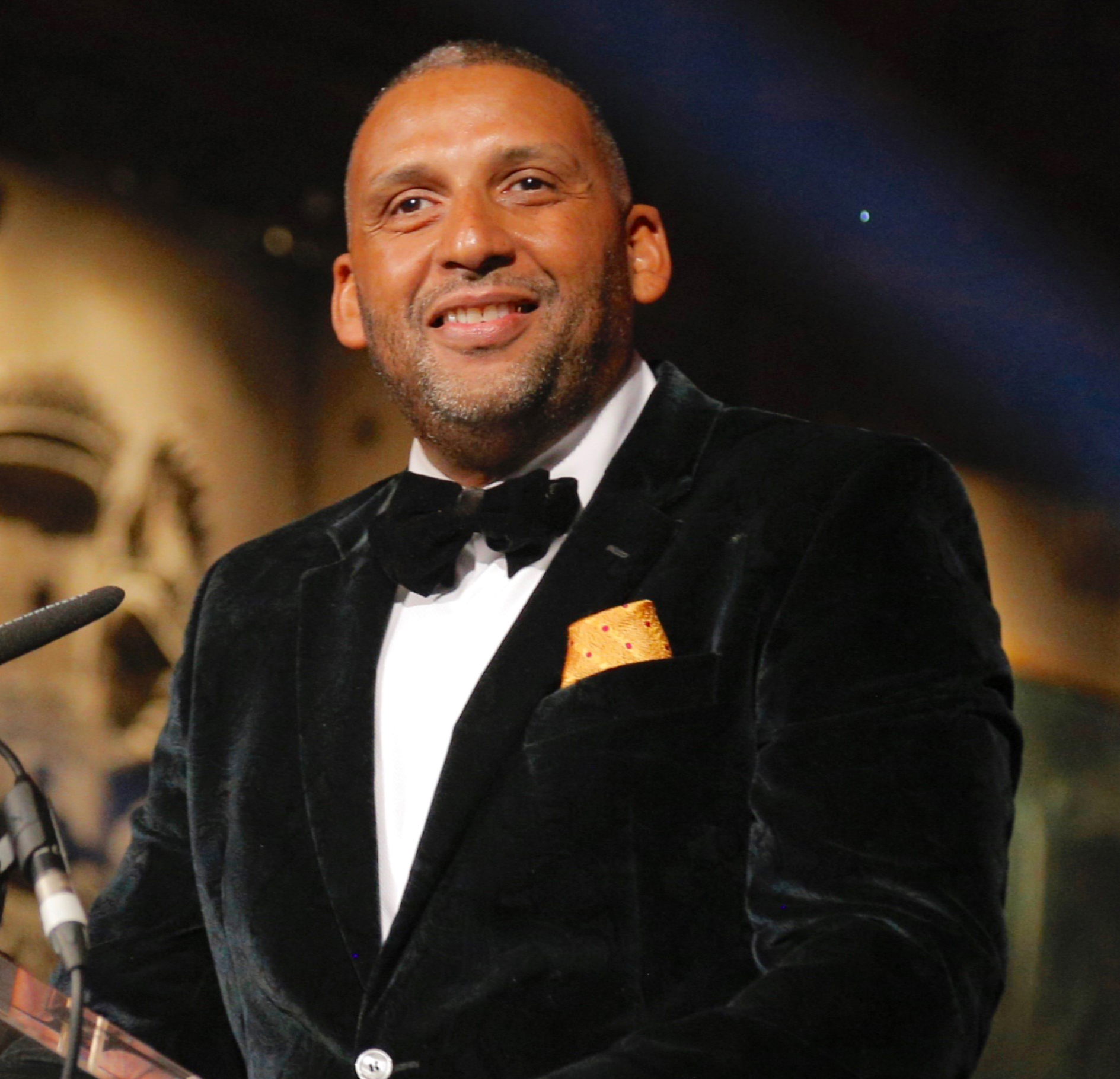Everyone’s talking about equity. I’d go as far to say it’s a bit of a buzzword right now. Which is fine – because it’s important. But, like diversity, inclusion and equality, the word itself is meaningless without the corresponding actions which make it authentic.
As a buzzword it’s being bandied about quite freely in work circles. But do people fully understand what equity is? And how it is related to, but distinct from, diversity, inclusivity and equality?
To recap:
- Diversity is the mix of people within a workplace
- Inclusion is making sure everyone is included within the organisation and can be themselves and have a sense of belonging.
- Equality is making sure everybody has equal opportunities, whatever their age, gender, ethnicity, sexual orientation, religious beliefs and disabilities.
So what exactly is equity?
Equity is closely aligned to equality in that it ensures everyone has an equal chance at work. Importantly, it goes a crucial step further by ensuring everyone is actively involved with a conversation or consultation. Organisations with full equity don’t just employ people from diverse backgrounds to ‘look right’ or ‘make up the numbers’. Having recruited these people, they actively invite them to set up things that feel right for them and bring their true selves to work.
What happens when people get it wrong?
The death of George Floyd provoked an immediate response across society with many businesses quick to employ black people in senior positions. This ticked the diversity box but, sadly, many of these appointees weren’t involved in the day-to-day conversations, had no autonomy and were left out of decisions made within the company. In these instances, neither inclusivity nor equity was in place and the appointments, though no doubt well-intentioned, amounted to nothing more than tokenism.
With LGBTQ+ rights currently in the spotlight, I fear this will be the next ‘fad’ which, without equity, will repeat the pattern of token appointments in an attempt to do ‘the right thing’.
When best intentions fall flat
Well intentioned decisions and appointments that lack the vital follow-through around active involvement and engagement in decision making will not achieve equity.
Often, we see organisations appoint people from diverse backgrounds without changing their work and social culture. This fails to fully embrace and include people. Not only is this harmful to the individual, it also misses the opportunity to enrich and broaden the business culture through the input from those with different views, life experiences and practices.
How does an organisation achieve equity?
Equity requires employers and employees to LISTEN to their colleagues and take ACTION to ensure their feelings and needs are fully appreciated and taken into consideration before decisions are made.
By creating a workplace environment where everyone is able to speak honestly, is actively listened to and subsequent actions take all this into consideration, equity will follow.
Five Steps To Equity
There are many areas for employers to address if they are to achieve full equity. Here are five steps to get you started.
Don’t think you need to change everything
It’s not realistic to think all work practices will suit all employees. The aim is to have a variety of activities so there is something for everyone. Don’t discount traditional practices, such as drinks after work, just because not everyone will want to go. Instead, ask those staff members who don’t like pubs what they would prefer instead and support them to lay that on. By all means have a Christmas party – but also celebrate Diwali, Rosh Hashanah and the Chinese New Year with equal gusto. Furthermore, invite those employees who recognise these festivals to be actively involved in organising an authentic event. Lastly, ensure colleagues not from those backgrounds are invited to these celebrations – remember inclusion goes both ways!
Create and join networks
Invite people from all diverse backgrounds to speak about their lifestyle, beliefs and traditions to educate yourself and those around you. Ask what books you should read, what resources they recommend and where you can find out more. No one will criticise you for asking questions: it’s the only way you’ll get things right.
Listen to your trusted network
Conscious inclusion is key to equity. As an employer or manager, be conscious about choosing your trusted network and include people from diverse backgrounds. Build a mutual trust so that they – and you – can speak freely. Prioritise taking actions from what they say to you.
Accept you don’t know what you don’t know
Many people in their 40s and 50s in management positions may simply not have the experience of diversity, inclusion and equity and that’s OK. But it’s time to learn and act now. Don’t be afraid to open up to someone from a diverse background that you know and trust and ask their views/opinion. However experienced or senior you are, there will always be something to learn from others who’ve had a different upbringing and career journey to you. Embrace the process and be equally open with your diverse colleagues as they are with you.
Look for diversity champions
By actively listening to your colleagues and networks, you will identify those individuals who are particularly passionate about their culture and background. They can be a really powerful tool for your organisation in terms of championing diversity and seeing what needs to be done to achieve equity in the workplace. Look right across your organisation – from junior and operational staff to middle management to senior management and board level. Beware! Not everybody from a diverse background wants to take a stand or make a statement. Don’t make the common mistake of assuming this is the case…







